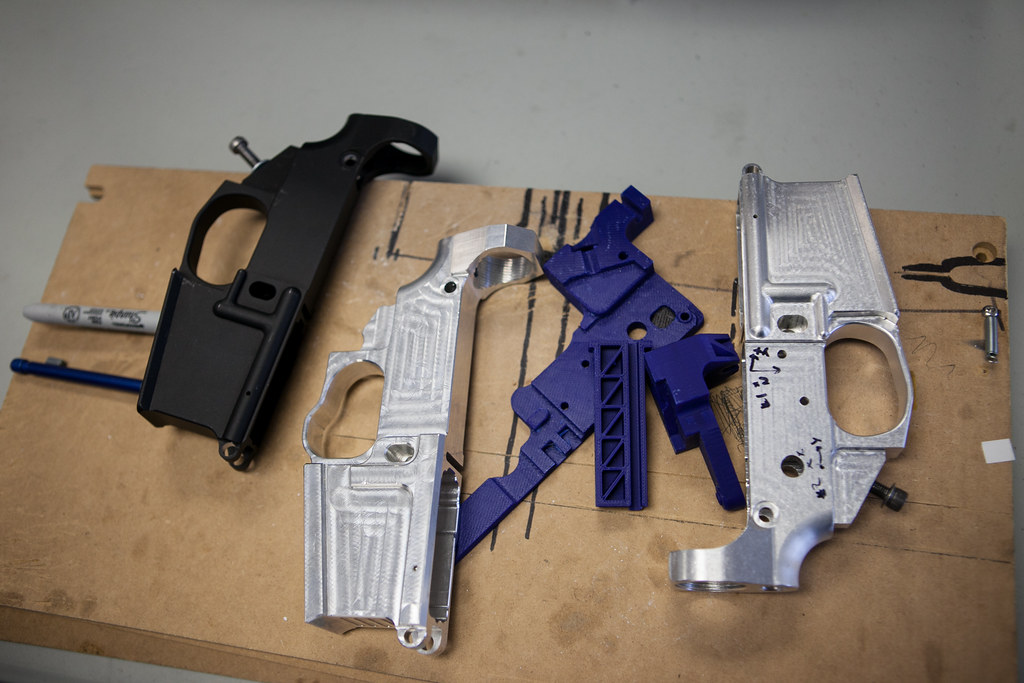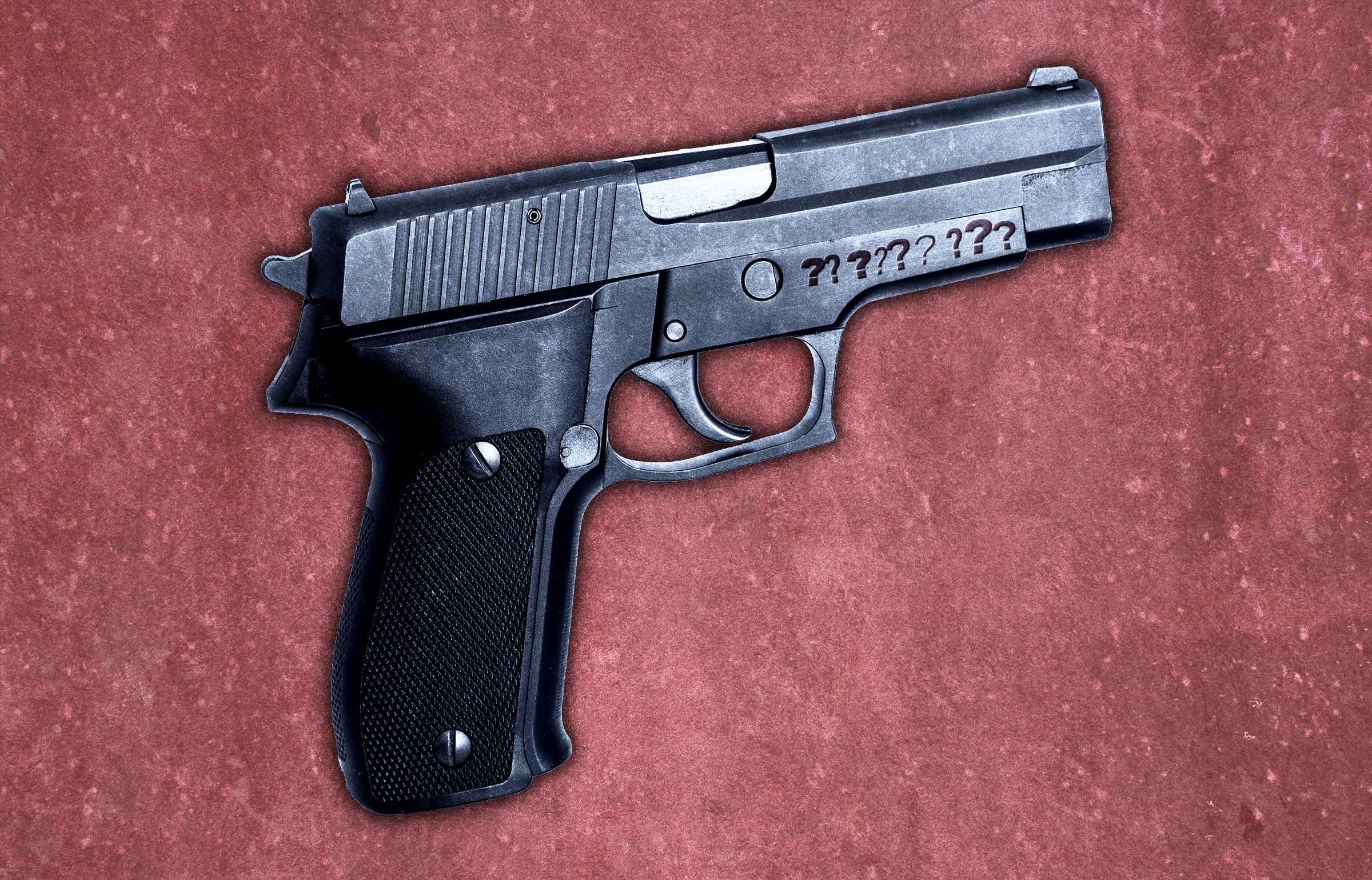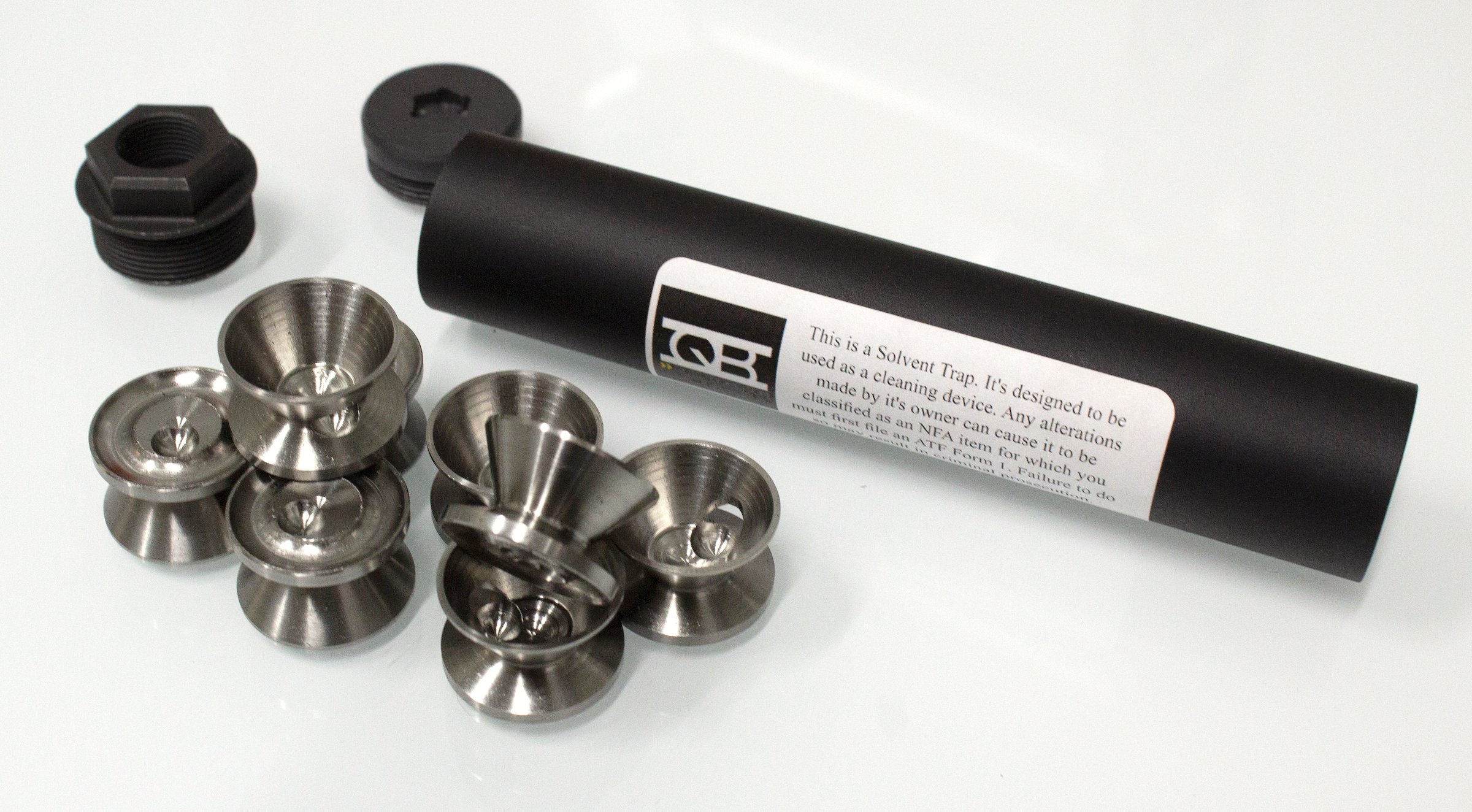Cody Wilson, the self-described anarchist and figurehead of the 3D-printed gun movement, led investigators on an international manhunt last year before being arrested and charged with having sex with a minor. In August, he struck a deal with Travis County prosecutors, pleading guilty to a lesser charge of injury to a child, which is a felony.
He received seven years of probation and is now a registered sex offender, banned from being within 500 feet of playgrounds, schools, and any other “child safety zone.” He can no longer carry a handgun in public, and under federal law he is barred from buying and selling weapons at gun stores.
Despite that, Wilson says he is getting back to the business of 3D-printed guns. According to interviews with state and federal authorities, there’s nothing standing in his way.
Wilson’s return coincides with the upcoming release of the Ghost Gunner 3, the latest iteration of a controversial gun-manufacturing machine produced by Defense Distributed, the company Wilson founded in 2012. The product is advertised to be bigger and faster, and its promoters boast that it can produce parts for AK-47 rifles. The machine is the latest product to capitalize on the growing trend of homemade weapons, which can be acquired without a background check.
Right after his arrest, Wilson announced he would step down as Defense Distributed’s CEO. Late last month, he told the Washington Free Beacon that his criminal history isn’t enough for anyone to stop him from returning to work. He said he is “definitely not a prohibited person” in Travis County, which has faced criticism for its lax approach to sexual assault prosecutions. For Wilson, this means he can own guns and even run a business that sells guns — despite admitting guilt to a felony.
Wilson confirmed that’s how he views his status, saying it’s consistent with what his probation officer told him. He declined to offer further comment.
Turns out, he may be right. Wilson’s plea deal — known as a deferred adjudication — is more or less a frozen indictment. If he meets the court’s terms in full, the felony charge is wiped. And while on probation, the state doesn’t view Wilson as a prohibited person.“The answer right now appears to be that [the deal] does count as a deferred and is not a hard conviction,” said Assistant District Attorney Joe Frederick. “And if that is the case, then he would be able to maintain possession or ownership of [a] firearm.”
In other words, though Wilson shouldn’t be able to pass a background check, he is free and clear to own a gun under state law, if he owned it before the plea deal. And because he can own a gun, Frederick said, he can also run a firearms business.
Under federal law, however, Wilson’s status is murkier, Frederick said.
“If he’s on probation and he somehow registers new firearms or somehow gets new guns or, you know, purchases a new gun as part of his business, that could violate his probation and that’d be a gray area,” he said.
Wilson clarified that he didn’t surrender any of his firearms as part of his plea deal, despite reporting to the contrary, and he said he wouldn’t necessarily have to purchase a firearm to run his company.
According to the Texas secretary of state, Wilson is currently listed as the director of Ghost Gunner Inc., an offshoot of Defense Distributed that manufactures the mills that print gun components from design files available online. Wilson confirmed that he directs Ghost Gunner.

However, Wilson is not officially on board at Defense Distributed, the company he started as a University of Texas law student and that partly sparked the DIY, 3D-printed firearms movement. State records show Paloma Heindorff, who has carried Wilson’s mantle since his resignation, is still the director of Defense Distributed.
The firm made international news in 2013 when it designed the Liberator, the first completely 3D-printed gun, and subsequently released the designs for at-home gun-makers to re-create across the world. The Department of State ordered the company to take down the files, citing international arms trafficking laws. Wilson and Defense Distributed sued the State Department, claiming it was violating his First Amendment rights. The Trump administration negotiated a settlement clearing the way for Defense Distributed to publish 10 additional gun blueprints before a restraining order was issued.
Defense Distributed — and the future of 3D-printed guns overall — is far from secure. Last week, a federal judge reversed the settlement after Washington State Attorney General Bob Ferguson sued, arguing it was illegal.
“It is baffling that the Trump Administration continued to work so hard to allow domestic abusers, felons and terrorists access to untraceable, undetectable 3D-printed guns,” Ferguson said in a press release.
Defense Distributed is appealing the decision.
According to a November 6 email blast, Defense Distributed has sold more than 500 copies of the Ghost Gunner 3. It expects to start shipping the machines in January. Wilson said the company would continue to develop new products and maintains that his legal status allows him to be involved in its operations.
Frederick, the assistant district attorney, cautioned that for at least the next seven years while Wilson is on probation, his involvement with homemade guns could put him at risk for additional legal trouble.
“I mean, he can make any argument you want, you know? It’s America. Whether or not it withstands legal scrutiny is something different,” Frederick said. “He’s on the cusp of something that could go one way or the other, and he should probably tread very carefully.”


